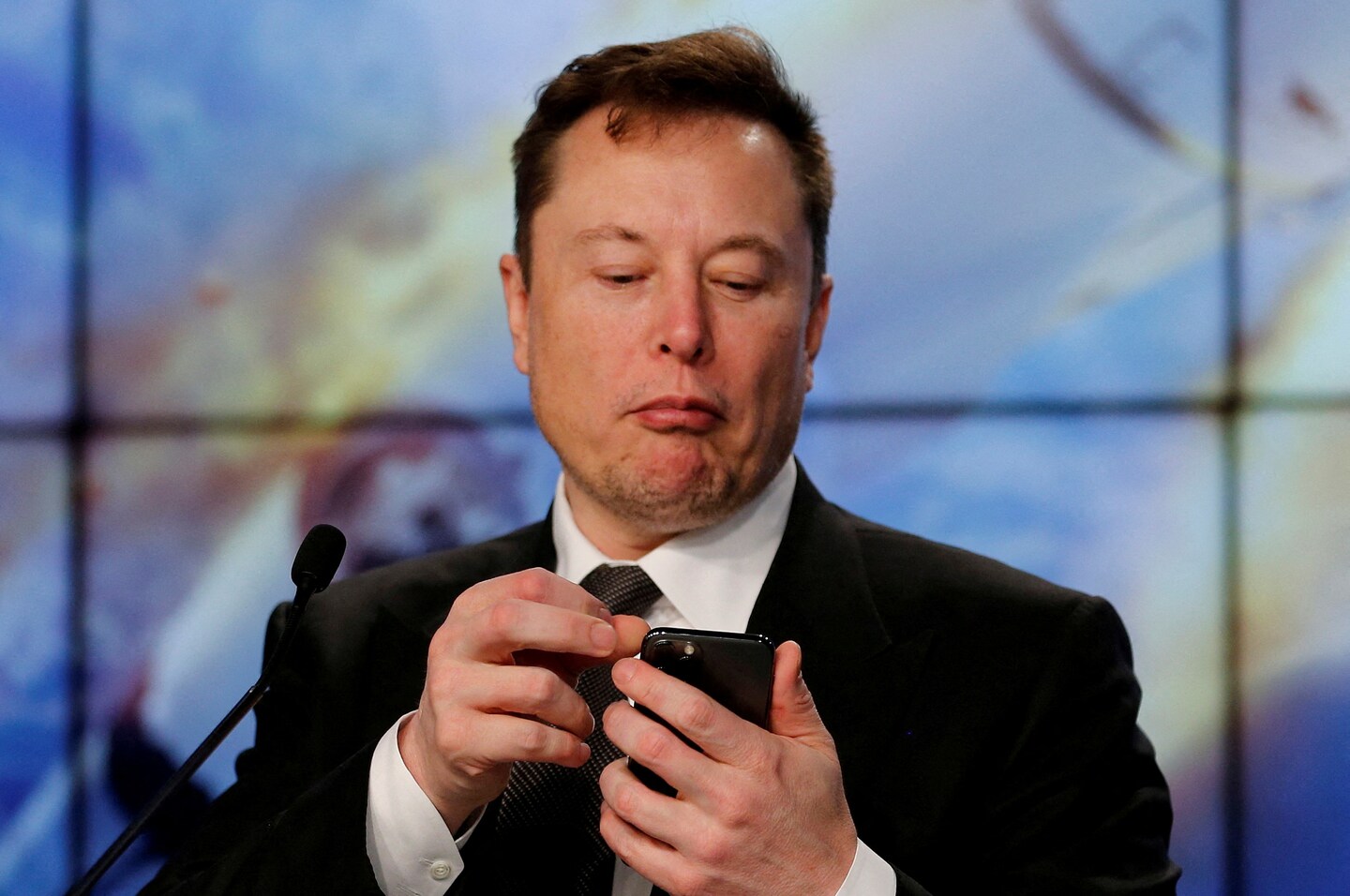As the would-be new owner of Twitter, Elon Musk has been touting his passion for free speech over the past week.
Three steps for Elon Musk if he’s serious about free speech at Twitter

Jameel Jaffer, director of the Knight First Amendment Center at Columbia University, told me last week that Musk’s intentions may be good, but the reality is more complicated than he seems to think.
“It’s not just about turning up the free-speech dial, because there are always trade-offs,” Jaffer said. For example, if there are no limits on harassment and abusive speech, people — particularly women and members of minority groups who tend to be the targets — will leave the platform altogether.
“And that is not a win for free speech,” Jaffer said. “Nobody wants a platform on which anything goes.”
Even if viewed as generously as possible, Musk’s warped logic still falls into a common trap. He’s conflating First Amendment protections — which prohibit the United States government from swooping in to shut down speech via the courts — with the rules that a private company establishes to conduct its business. (Not to mention failing to take into account the laws of other countries where Twitter operates.)
Like newspaper publishers, social media platforms typically attempt to uphold at least some kind of standards for the content that appears under their brand. Unlike traditional publishers, of course, social media typically derives that content not from its staff but from its users, who nonetheless have to abide by the house policies — the equivalent of a restaurant’s “no shirt, no shoes, no service.” If they don’t, they risk being banned or seeing their posts removed.
These rules are, of necessity, far more restrictive than simply what’s protected by the Constitution. The Washington Post could publish nude photos and plentiful curse words if we wanted — there’s nothing legally stopping us. But its owners long ago decided that that kind of content would alienate too many readers and advertisers, so The Post judiciously chose to fashion itself as what became known as a “family newspaper.” That’s why Facebook, Twitter and other social-media organizations have similarly attempted to curtail pornography, misinformation and personal attacks. Through their rules and decisions, publishers are attempting to reflect what’s largely acceptable to those who use it; there is an underlying notion of meeting “community standards.”
Some Musk skeptics highlighted exactly this point last week, describing examples on Twitter of what the platform could become if his “allow all legal content” idea were fully carried out — videos of pets screaming while slowly being vivisected or of a journalist being beheaded, or a person walking on small animals in high heels, or someone being beaten to death or being skinned alive or executed by gunshot, with brain matter everywhere.
Later in the week, Musk again put his naivete on display, tweeting that former president Donald Trump’s flailing social-media start-up, Truth Social, came into being “because Twitter censored free speech.”
Well, not exactly, Elon. Twitter tossed Trump off the platform in January of last year, because of the reasonable fear that, after what happened at the Capitol on Jan. 6, he would use the platform in the last days of his presidency to incite more violence. Twitter made his ban permanent — and not every free-speech advocate agrees that endless exile was the right decision. Trump responded by founding Truth Social, where he could dissemble and provoke at will.
Suzanne Nossel, CEO of PEN America, a nonprofit that defends free expression, believes that there may be better ways to foster free speech on Twitter. But they have little to do with the “anything goes” mentality that Musk has in mind.
Nossel, the author of “Dare to Speak: Defending Free Speech for All,” suggests three improvements. First, a more efficient process for hearing appeals from users who’ve been banned or had their content removed. The current system is often slow and opaque, she told me, and people should be able to learn quickly why the company acted as it did.
Second, Twitter could do more to protect users who are besieged with abuse from others on the platform. Faster response time to complaints would be a step in the right direction. Despite improvements in recent years, Twitter too often remains a place for harassment and abuse.
And third, Nossel suggested, Twitter could be much more transparent about how its algorithms work: “Why do people see what they see? What content is paid? What is amplified?” To his credit, Musk has talked about wanting to do this, but not nearly as much as he has talked about simply opening the spigot. Nossel rightly calls that “a very reductionist notion of free speech.”
As a Twitter aficionado myself — I’ve developed sources there, found out about breaking news, promoted my work, and met people who became close friends — I hope that Musk’s cockeyed ideas don’t get carried out.
If they do, almost everyone worthwhile will flee quickly, leaving the platform to the worst crazies and abusers. It’s hard to see that outcome as a lofty victory for free speech.






